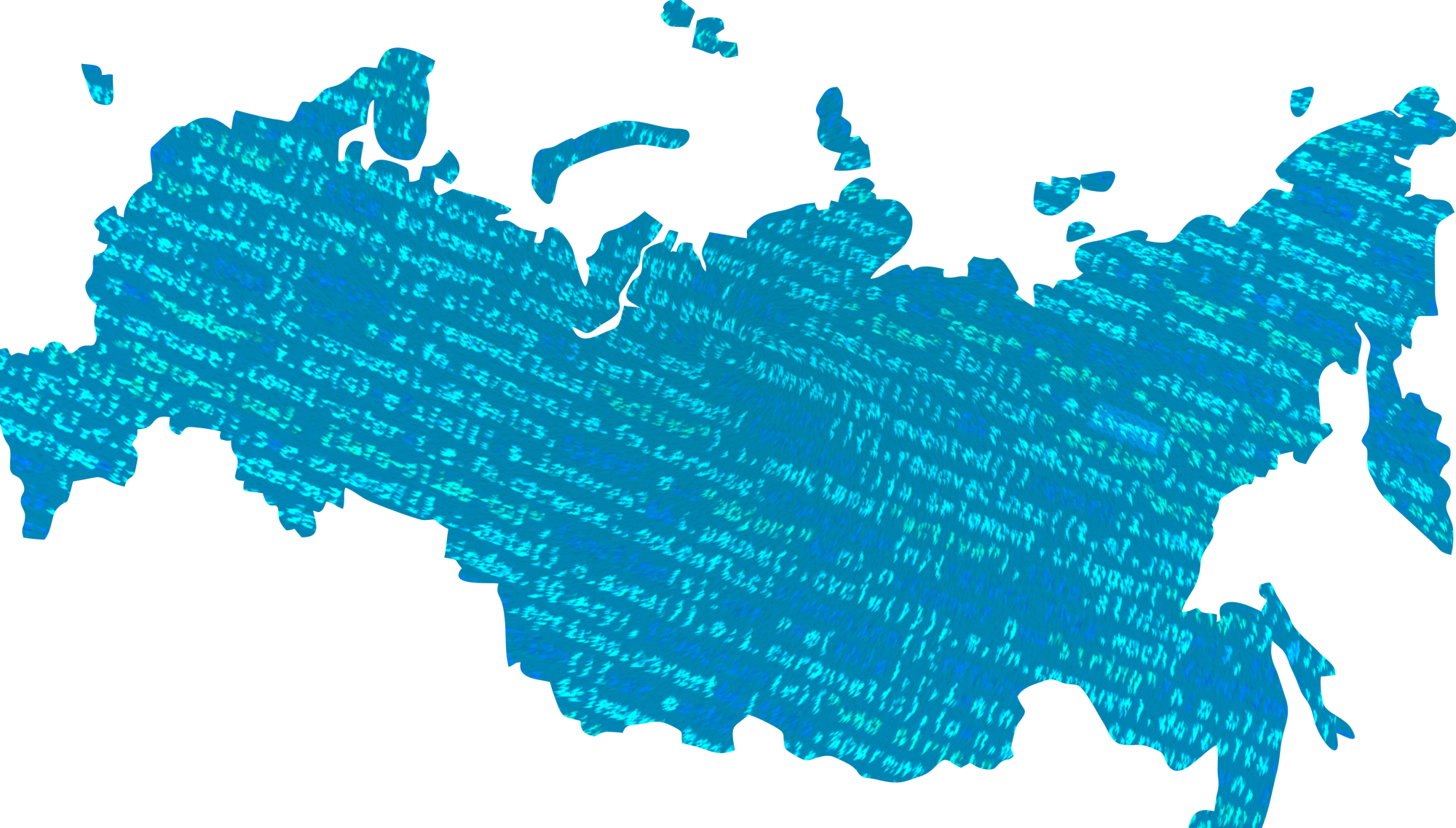Mariëlle, you just came back from the #AoIR2018 conference in Montréal. Could you briefly tell us what it was about?
#AoIR2018 is the annual conference of the Association of Internet Researchers that brings together scholars from across the world who study the internet and information technologies, more broadly, from a wide variety of disciplines. This year, the conference theme was ’Transnational Materialities’ and many papers reflected on the importance of, among others, infrastructures. In addition to parallel panel sessions and two keynote events, the conference included various pre-conference workshops, of which I participated in the workshop on ‘Digital Methods in Internet Research’.
That sounds like an exciting programme! What did you present at the conference?
I presented a paper on how governmental policy concerning the internet is framed in Russian mass media. While there is quite a significant body of research on internet governance in Russia, much less is known about the role of the media in shaping public perceptions about the internet and the extend to which it should be regulated by the state. The question how the Russian government strives to create popular support for governmental regulation in this sphere has received little attention. At the moment, I draw upon my previous experience of researching Russian state television and political communication to shed light on this particular aspect of internet governance. In the paper, I focussed on mass media framing of the decision to block popular messaging app Telegram in April 2018. The attempts by government agency Roskomnadzor to block Telegram were not very successful (indeed, the app is still accessible for many Russians), while it did negatively affect many other online services, even outside of Russia. In response, mass demonstrations took place across Russia to protest against the blocking and restrictions of internet freedom more generally. The paper I presented is part of my current project ’Selling Censorship: Affective Framing and the Legitimation of Internet Control in Russia’ that is funded by the Netherlands Organisation for Scientific Research (NWO).
What are the main findings of your research?
The research project is still at an early stage, therefore I presented some preliminary findings based on my analysis of television coverage on the topic on the main Russian state-funded TV channels, and why it is important to study these discourses. The television coverage I examined emphasised how the encrypted communication option offered by Telegram is used by terrorist groups, for example in the preparations of the 2017 terrorist attack in St. Petersburg. Indeed, Telegram’s refusal to provide access to such private communications to the Russian Federal Security Services, in compliance with an anti-terrorist legislation package known as the Yarovaya Law, is the official reason for its blockage. The fact that encrypted messaging is used not only by terrorists and criminals, but also for legitimate purposes such as by investigative journalists is simply ignored or disregarded, as is Telegram’s increasingly important function as a platform for (independent) news. By, instead, creating a black-and-white opposition between privacy and security, any open debate about citizens’ right to private communications is effectively cut short.
That is very interesting! What are the next steps in this project?
